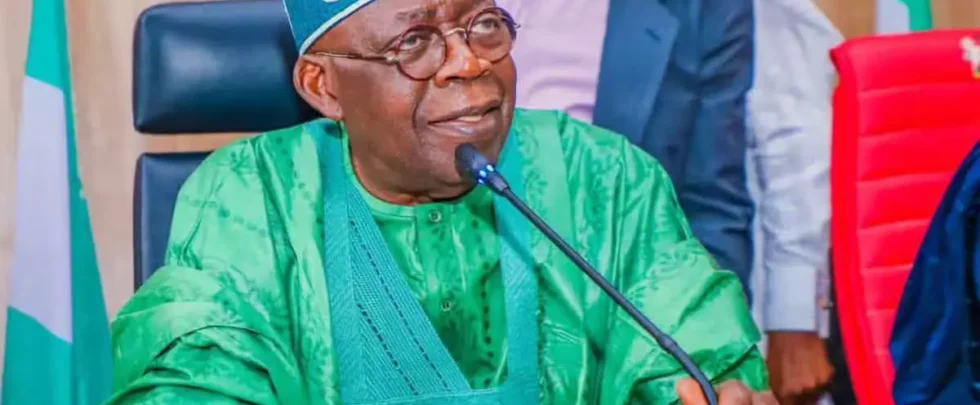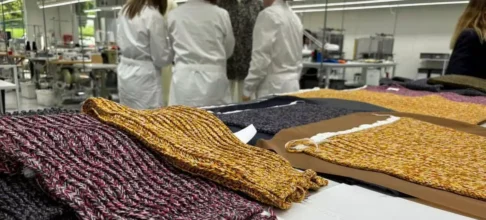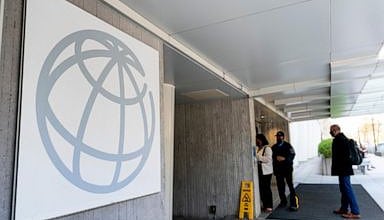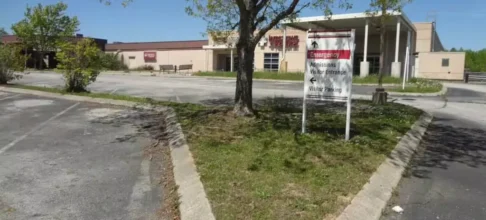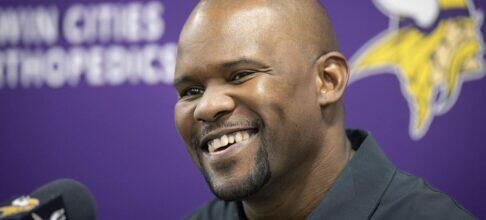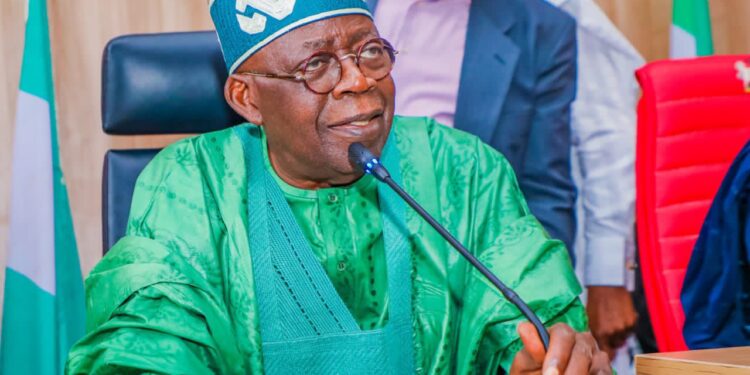
President Bola Tinubu has approved the appointment of Mr. Jobson Ewalefoh as the new Director-General of the Infrastructure Concession Regulatory Commission (ICRC). This announcement was made by the special adviser to the President, Chief Ajuri Ngelale in a state house press release today. This appointment is pending confirmation by the Nigerian Senate.
The appointment
Under Ewalefoh’s leadership, the ICRC is expected to foster public-private partnerships and ensure the successful completion of critical infrastructure projects across Nigeria. According to the press release, the objective is to significantly enhance investment in national infrastructure by effectively mobilizing private-sector resources. The President has expressed high expectations for Mr. Ewalefoh, urging him to demonstrate absolute dedication and probity in the management of the ICRC.
The profile
Jobson Ewalefoh is a professional with experience in both government and development organizations. He possesses expertise in public-private partnerships, public policy reform, and sustainable development. Prior to his appointment, Ewalefoh held key positions in notable development organizations, where he led initiatives aimed at reforming public policy and fostering sustainable development. Jobson Ewalefoh currently leads the Public Private Partnership (PPP) Resource Department in ICRC, focusing on leveraging both public and private sector expertise and resources to develop bankable Federal PPP Projects that deliver value-for-money to Nigerians. His department includes a Knowledge Centre and PPP Project Delivery Units. Before this role, he served as the Director of the Contract Compliance Department. Ewalefoh began his tenure at the ICRC in 2010 as the founding Head of the Information and Communication Technology (ICT) Unit, where he established and implemented the essential ICT infrastructure and services for the Commission. Before joining the ICRC, he worked as a consultant with the United Nations Office on Drugs and Crime (UNODC) under the European Union-funded technical assistance project for anti-corruption in Nigeria. This project supported the Economic and Financial Crimes Commission (EFCC) and the Nigerian Judiciary through a nationwide ICT infrastructure deployment to bolster anti-corruption efforts using technology. His career started at the Bureau of Public Enterprises (BPE), the Federal Government agency tasked with the reform and privatization of public enterprises in Nigeria.
Dr. Ewalefoh holds a PhD in Development Studies from the University of South Africa (UNISA) and multiple Master’s degrees: an MSc in Economics from Enugu State University, an MIT in Management Information Technology from Ladoke Akintola University of Technology, an MPA and an MBA from the University of Abuja, and a BSc in Computer Science from the University of Benin.
What you should know
The ICRC was established by the Infrastructure Concession Regulatory Commission (Establishment, etc.) Act of 2005.
- Its primary mandate is to regulate public-private partnership (PPP) endeavours and to ensure the efficient execution of all projects involving a PPP framework.
- The commission plays a crucial role in fostering an environment conducive to private sector participation in the financing, construction, development, and maintenance of infrastructure in Nigeria.
- Since its inception, the ICRC has been guiding numerous high-profile infrastructure projects.
- It ensures that projects are not only financially viable but also deliver substantial public value.
- The commission’s regulatory oversight spans various sectors, including transportation, power, health, education, and housing.
- The ICRC has also faced challenges such as regulatory bottlenecks and limited private-sector confidence.

Good luck Chukwunedu
Chioma Chukwunedu is a pharmacist and health analyst. She uses data and articles to educate the public about healthcare services and systems so they can make informed decisions about their health.


